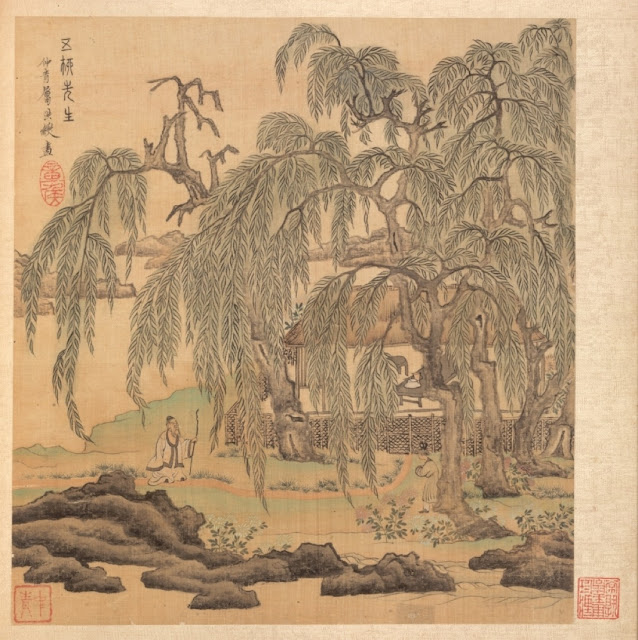Rousseau is at the heart of going back to nature phantasy, that the Concord Transcendentalists connect with. By postulating that society corrupts and doesn't corrupt, he rightly points out that owning land was the start of when nature is not allowed to be free.
I was trying to explain to my daughter how the Portuguese could exploit Japan's isolation in the TV show Shogun(2024), there was a time when information didn't flow as freely as it does now. It begins to flow more freely with writing, then radio, then TV, then cable, then internet.
Rosseau wasn't so hostile to civilization, he says the opposite, forgets his repudiation like all good dialectic thinkers. Civilization is amazing too, helpful, supportive.
I feel a kind of tug by Dionysian ecstasy, and civilization. Yesterday in Madison Wisconsin, they arrested 80 revelers at the Mifflin Street Party (source). You are allowed to be wild and dress up for sporting events, Mardi Gras, Halloween to get candy. Religions want to harness this energy, if they're smart. Milarepa thought he got enlightened after a beer, after sitting in meditation year after year so that there were calluses on his butt. He wrote poetry and sang his songs.
There's also unrealistic nostalgia in harkening back to an ideal time that never really existed. Going back to nature might not be what you really think it is. Our internal input is the most important thing we have, that is who we are. Some people think it's listening to God even. Uncovering our Buddha-nature.
Small not on style, I'm no sure whether it's Buddha Nature, buddha nature, Buddha nature or Buddha-nature. Wikipedia has the last.
Back to Rousseau. I found it shocking that he gave up all 5 of (probably) his children with Theresa to orphanages. Going back to nature was just a simplified version of callousness to him, and honestly I lost all respect for him.
I wonder how he could write Emile, about education, if couldn't be bothered to raise his children. Then I realized it was about how he would have liked to have been educated. An extension of his theories.
When I was younger, I thought the ideas were pretty important, but I think what you do speaks the loudest and crimes against humanity are always an empathy gap. That is the biggest problem and the most unnatural thing.
Still, I like this idea (Strathern 2002, p.56): He specifically states that "in respect of riches, no citizen shall ever be wealthy enough to buy another, nor be poor enough to be forced to sell himself." The state should "allow neither rich men nor beggars."
Mr. Five Willows (Wuliu), Tao Yuanming






























